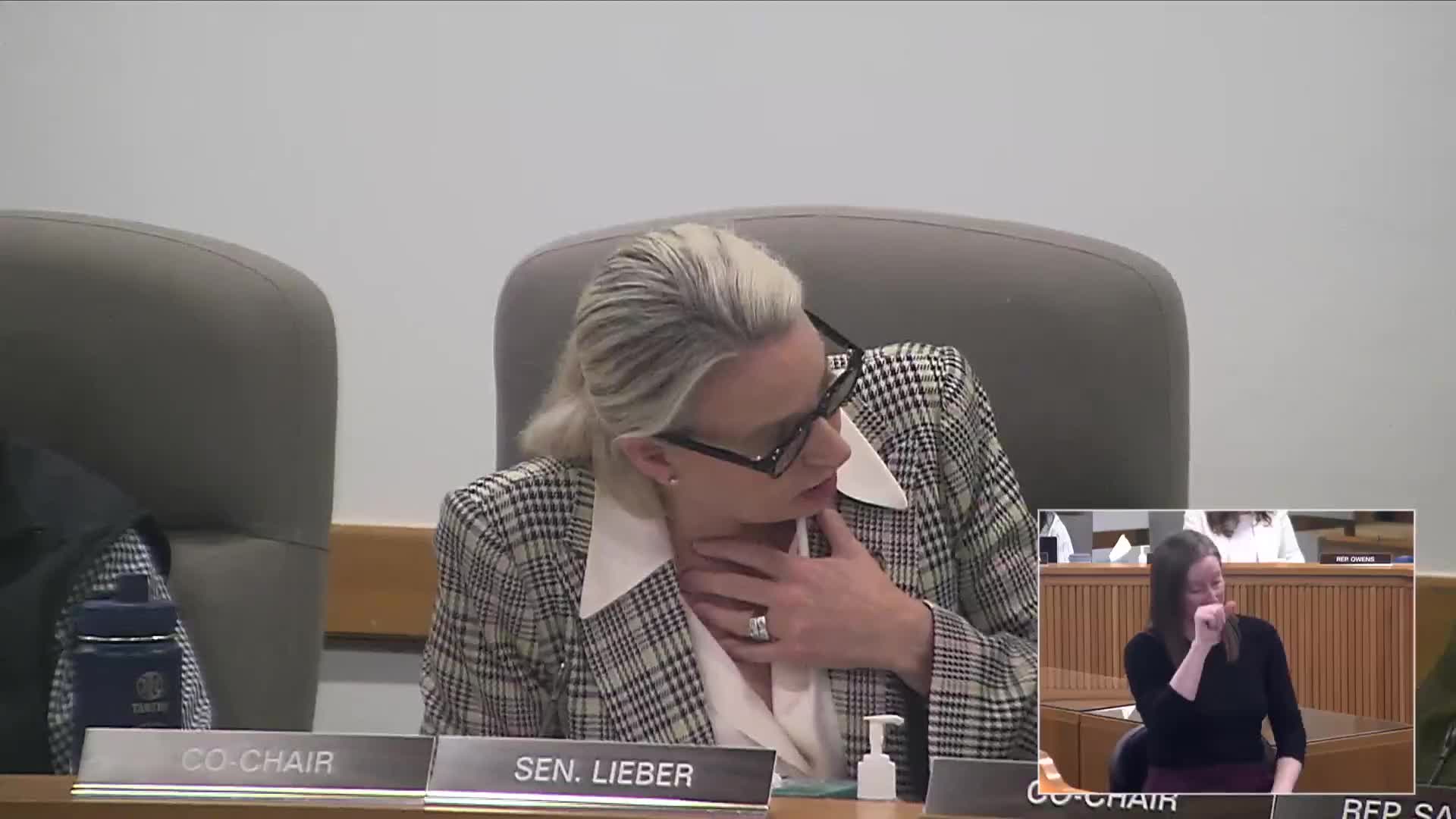State study recommends raising direct‑care wages and provider reimbursement rates; annual cost estimate $1.3 billion
Get AI-powered insights, summaries, and transcripts
Subscribe
Summary
A contracted study recommended increasing base wages for direct‑care workers to $23–$24.50 per hour and boosting provider reimbursement rates by an average of over 30%, with an estimated $1.3 billion annual cost to implement recommended changes.
The Human Services Subcommittee’s contracted study on direct‑care wages and provider reimbursement rates recommended substantial increases to wages and payment rates for home and community‑based services programs overseen by the Department of Human Services.
Senator Kompost reported that Burns & Associates recommended increasing base wages for direct‑care workers to between $23.00 and $24.50 per hour, increasing provider reimbursement rates by an average of more than 30%, and standardizing rate models across programs. The study estimated that fully implementing the recommendations would increase payments to provider agencies and direct‑care workers by an estimated $1,300,000,000 annually in total funds.
Committee members emphasized the workforce and recruitment implications of low pay for direct‑care roles. Representative Drazen and others said the report supplies essential data to guide policy; members noted competing labor markets and the need for investments to recruit and retain quality direct‑care workers. The subcommittee recommended acknowledging receipt of the study and the Ways and Means committee accepted the report.
Why it matters: direct‑care workers provide essential services to older adults and people with disabilities; the recommended funding would be a major state budget commitment and could reshape provider compensation and program delivery across home and community‑based services.
The committee accepted the report and acknowledged that any legislative or budget action to implement the recommendations would require substantial funding and further policy work.
